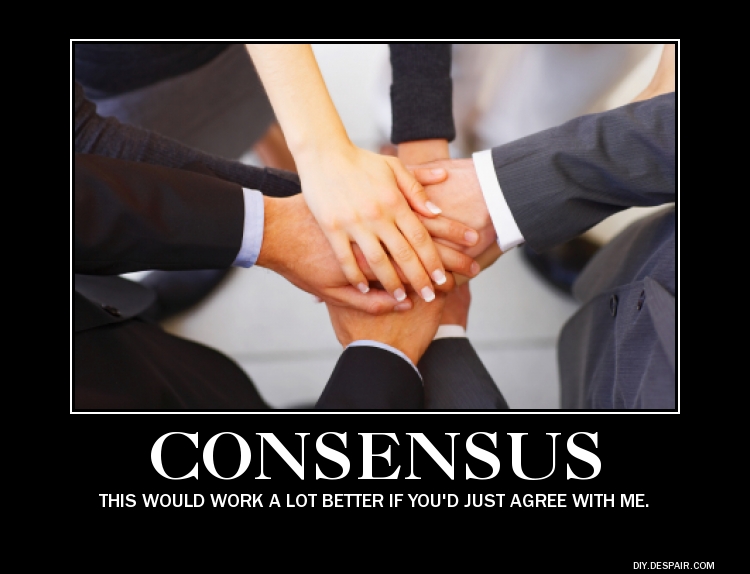Introduction
The protracted divorce battle between Aharon Friedman and Tamar Epstein is the most publicized case of agunah in recent memory. An aggressive campaign led by the Organization for the Resolution of Agunot (ORA) capitalized on Mr. Friedman’s relatively prominent status as a congressional aide for David Camp. The efforts of numerous online and personal protests eventually led to mainstream media coverage from outlets such as Fox News, The New York Times and Politico which called national attention to Mr. Friedman’s refusal to grant his wife a halakhic divorce. As with virtually all cases of agunah, the recalcitrant party is vilified with public condemnations and communal pressure to acquiesce. When the specific goal is obtaining the immediate divorce, it is a relatively simple matter to identify the party responsible for obstructing the process and to protest accordingly. Others, however, find fault with the halakhic system, and in a desire to change the status quo to identify other sources of blame.
In a recent Forward blog post titled “On Agunah Issue, Pressure Rabbis, Not Rep” Dvora Myers argues that the plight of agunot is not only the fault of a recalcitrant husband but of the Rabbis for creating the regulations in the first place.
However, if withholding a get constitutes abuse, if the husband is indeed brandishing a psychological weapon and threatening his wife with it, then the question that should be asked: How did the gun get into his hand?
The answer is clear: It was put there by Jewish law, the rabbis who formulated it, and the rabbis who refuse to amend it.
Myers’ understanding of Jewish law is informed by Blu Greenberg’s famous dictum, “where there’s a rabbinic will, there’s a halakhic way,” thus placing the burden of agunot squarely with the Rabbis. Ultimately Myers concludes,
If maintaining a nearly thousand-year-old ruling is more important than offering women equality within the religion, I would at least like to see one of these rabbis condemning Friedman admit as much. It would be refreshingly honest to hear one of them say something like, “When faced with the choice of preserving tradition and promoting justice and equality that would give women the freedom to divorce, we choose the former.”
Most Orthodox Jews would agree that adhering to a thousand-year-old ruling is, in fact, more important than fulfilling the prevailing ethic of the day. This is due to a fundamentally different approach to Jewish law, one which assumes that halakhah is ultimately a representation of Divine Will. In this case, it would be strict adherence to the biblical laws of divorce in Deut. 24:1-1 and the capital offense for adultery in Lev. 20:10. It is important to consider that this approach to halakhah is shared by the agunot themselves, who while having the free will to ignore Jewish law and remarry as they wish, are committed first and foremost to keeping halakhah despite the immense challenges it presents. Thus, when a Rabbi adheres to Jewish law, even if it is unpopular, inconvenient, or even difficult for him to do so, he is not being an obstinate misogynist, but rather fulfilling his duty as a Rabbi.
But while it is misguided to blame Rabbis for following halakhah, it is completely legitimate to hold Rabbis accountable to the very halakhah which they espouse. Unfortunately, the Orthodox Rabbinate has not always lived up to their own ideals even when the lives agunot were at stake.

